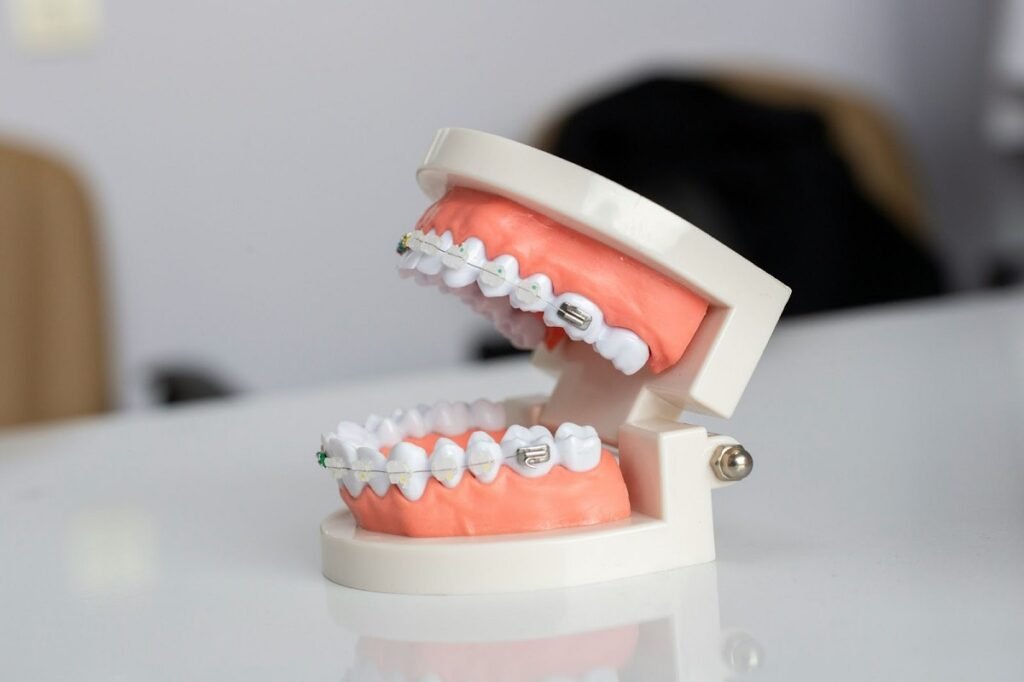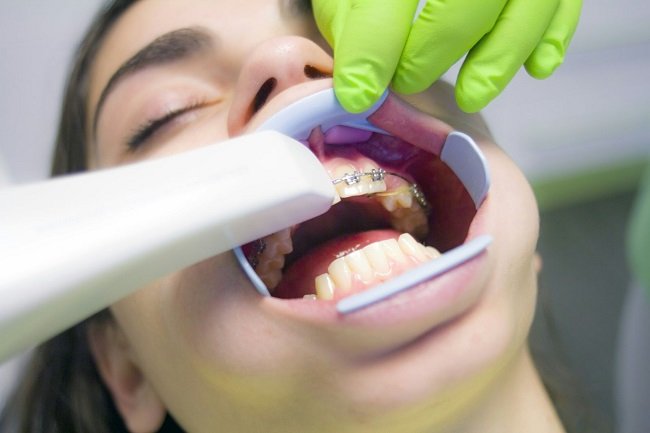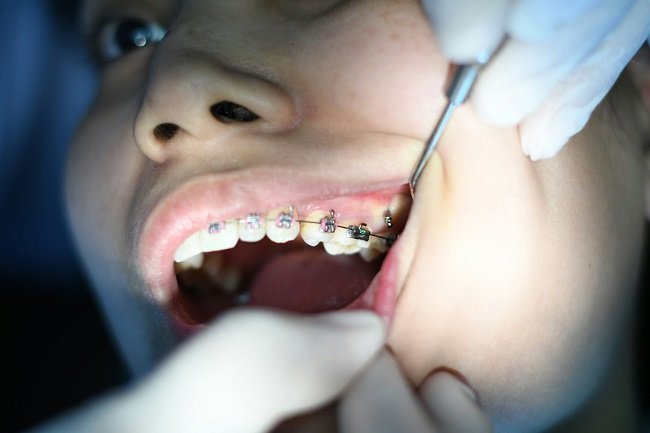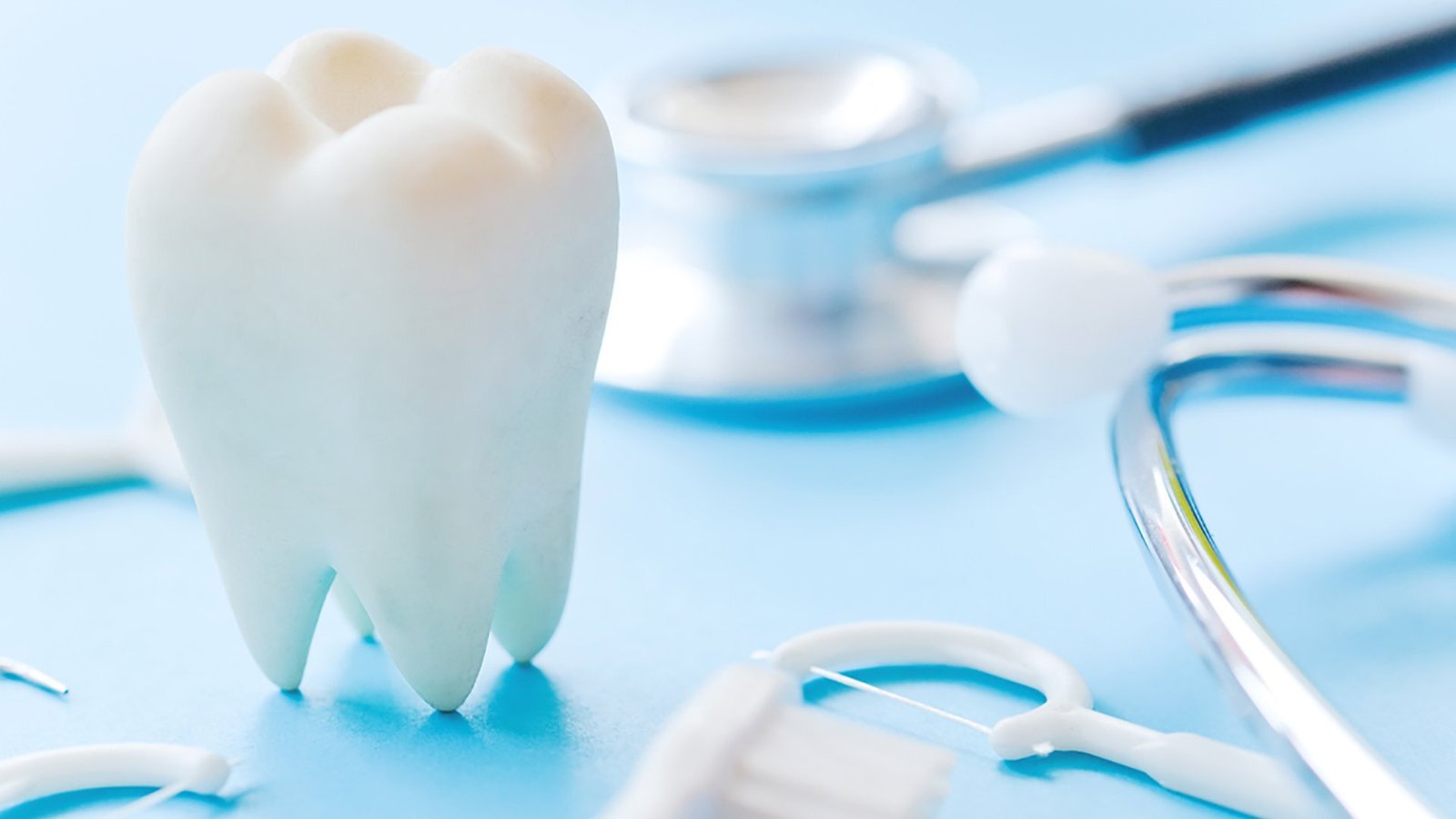Getting braces is one of the best ways to achieve a nice and healthy smile. But does it hurt to get braces? Well, some individuals are concerned that the process might result in unease. It is natural to learn about braces, no matter if you are about to get them or just interested.
It’s normal to ask how long do braces hurt after getting them placed or tightened. Typically, the soreness lasts between 3 to 7 days. Soft foods and cold compresses can ease this short-term pain.
In this post, we will look into the issue of whether getting braces is painful. Some tricks will be provided to make the whole process simpler, more comfortable, and fun.

What Are Braces?
It is important to find out what braces are and how they work before examining the pain aspect. If someone’s teeth are not properly aligned, braces are used by orthodontists to solve the problem and aid overall tooth alignment. Braces have a few important features, such as brackets, archwires, ligatures, and bands.
Small brackets, made out of ceramic or metal, are fixed on the teeth, while an archwire links them and slowly moves the teeth into position.
Ligatures attach the archwire to the brackets, and bands may be put around the back teeth to make the braces more secure. However, Many people wonder, does it hurt to get braces before their first appointment.
Many patients wonder, does it hurt to get braces off after months of treatment? The process is generally painless with only slight pressure felt. Most people experience relief rather than pain once the braces are removed.
Does it Hurt to Have Braces?
Is it painful to get braces? Braces installation does not hurt, although you might experience some discomfort soon after. Here’s why:
- Initial Application of Braces
The first step with braces is to apply the brackets, then stick them down with an adhesive, and then guide the archwire through them. Despite the term sounding unpleasant, people usually find it comfortable.
According to people who have worn braces, the procedure generally creates pressure on the teeth, and not so much pain. The pain you notice is usually not unbearable and will only last for a while.
- Post-Appointment Sensitivity
A couple of days after braces are put on, you might experience some soreness. At this point, the archwire persuades your teeth to move and sit correctly.
- Adjustments and Tightening
You have to make appointments with your orthodontist for periodical adjustments. During the visit, the orthodontist may check the teeth by tightening the archwire or changing the rubber bands.
How Long Will the Discomfort Last?
If you’re asking, does it hurt to get braces, You’re not alone. The discomfort people get from braces is usually only present for a few hours at most. There is the possibility that some people continue to have long-lasting discomfort in the first period after getting their braces, or during certain tightening periods.
However, If you’re asking how much do braces hurt on a scale 1–10, most people report mild discomfort. The pain level is usually around 3 to 5 in the first few days. With proper care, this discomfort quickly fades.

With time, you will see that the pain you experience when you start wearing the braces becomes less and less.
You might be curious how long does it take to put braces on during your orthodontic appointment. The procedure usually takes 1 to 2 hours. It’s a simple and pain-free process done in a single visit.
Remember, braces pain is temporary. The results you can achieve in the long run are much better than any short-term problems, especially a beautiful smile rewards you in the end.
Does It Hurt to Take Your Braces Off?
You could feel some tenderness or pressure after the braces are removed, especially if you had them for a long time.
Your teeth might hurt right after the removal, but this soreness is only for a short duration. The doctor might have to polish your teeth to take away any remaining glue so that you do not experience discomfort.
Tips to Relieve Pain and Discomfort
Will it hurt if you get braces, or want to know how to stop braces pain immediately? Use these tips to ease the discomfort while wearing them.
- Use Orthodontic Wax
Orthodontic wax is really useful for lessening the discomfort caused by the brackets. Break a tiny piece of wax off and then roll it into a ball.
Press it on any area of brackets or wires that is bothering you. Your teeth will be protected from injuries with the use of this surface.
- Pain Relievers
You can treat both your pain and swelling by taking ibuprofen or acetaminophen. Experts advise that you must follow the drug directions on the package and check with them before using it frequently.
- Cold Compresses
Your first thought might be, does it hurt to get braces, But don’t worry, it’s manageable. Use a cold compress to relieve both swelling and discomfort in your ear. If your jaw or cheek aches, take an ice bag or frozen wrap and put it outside your mouth to reduce the pain.
- Eat Soft Foods
Having soft foods in your diet can help you eat after getting braces or after the wires are adjusted. Mashed potatoes, yogurt, soup, and smoothies are excellent foods to pick.
- Saltwater Rinse
You can comfort your sore mouth by using a saltwater rinse a few times a day. Get a glass of warm water and add some salt to it. Thus, patience gives comfort and speeds up recovery.
Types of Braces and Their Comfort Levels
A common concern is, does it hurt to get braces during the fitting process? However, there are choices, and each braces has a particular level of how comfortable and noticeable it is. This is an explanation of the main types:
- Traditional Metal Braces
In most cases, metal braces are what patients use to correct their teeth. The orthodontist uses metal brackets and wires to help the teeth straighten properly.
There are no doubts about their effectiveness, but a minority of people find that the elastics hurt at first. Though people can see the braces, they are now provided in materials that are not as noticeable.
- Ceramic Braces
Just like metal braces, ceramic braces differ in that the brackets can match the color of your teeth.
Although you might not notice them, ceramic braces tend to break more readily than metal ones do. They are just like metal braces in their feel, yet the appearance is favored by a lot of people.
- Lingual Braces
Since the braces go behind the teeth, they are not seen unless you look closely in the mouth. People can get the results of braces with Invisalign, even though the process is less noticeable.
- Clear Aligners (e.g., Invisalign)
A lot of people like clear aligners as they don’t want to display the braces. Braces are made up of small plastic trays that are gradually used to reposition the teeth to their desired spots.
If you wish to order any of the braces mentioned above, then contact Aidite Dental for better deals in dental equipment and materials.
How to Take Care of Your Braces and Ensure Comfort?
Did you know? Does it hurt to get braces is one of the top-searched questions in dental care. Following the guidelines on brace care ensures that you feel better and finish your treatment successfully. Let’s look at a few useful tips to make sure your braces last well:

- Brush and Floss Regularly
Since food particles easily get stuck in braces, people with braces need to brush their teeth three times each day and floss once every day. It is easier to clean the brackets by using an orthodontic brush or an electric toothbrush.
- Avoid Certain Foods
To prevent any harm to your braces and less pain, you should avoid certain foods. You should also remove nuts and their variants, like walnuts and cashews, from your meals.
- Regular Checkups
Make sure to visit your orthodontist often for check-ups, since it helps your braces function well and no future issues from arising.
- Wear Rubber Bands as Directed
Be sure to use your rubber bands that your orthodontist has provided you with whenever it’s suggested.
- Use a Retainer After Braces
Once the braces come out, your orthodontist could ask you to keep a retainer in your mouth to help your teeth maintain their new positions.
How Aidite Dental Can Help?
Aidite Dental knows that some people may be worried about having braces. For this reason, our goal is to give you a peaceful and friendly service at every stage of your trip.
You will have access to specialists who will explain everything from your treatment start to the time you get your retainer. Either metal braces or clear aligners are available to you, as your dentist will help you choose.
Conclusion
The question “Does it hurt to get braces” is usually answered with “just mild discomfort.” Most patients find that braces are not uncomfortable, and the initial days come with some slight feelings of discomfort. In the beginning, braces are not uncomfortable, but over time, moving your teeth causes some pain.
It may feel awkward or uncomfortable at the start, but you will get used to it and think of tips to overcome it.
If you look after your mouth when you are young, you will have fewer problems with your teeth and a wonderful smile later on.
FAQs
Here are four common FAQs related to getting braces:
How long will the pain from braces last?
Most of the time, the discomfort or pain from braces lasts for a couple of days after they are put on or adjusted. With time, you will usually find that the braces get more comfortable for you.
What can I do to lessen the pain caused by braces?
If you’d like to reduce your discomfort, put orthodontic wax over your braces, use some pain medication, apply cool compresses on your hurting areas, and stick to eating soft food items.
Do clear aligners hurt more than traditional braces?
The reason clear aligners provide less discomfort is due to the absence of wires and brackets, unlike the metal types.
Can I still eat normally with braces?
Avoid chewing on hard or sticky foods, because they might harm your braces and cause some irritation.



